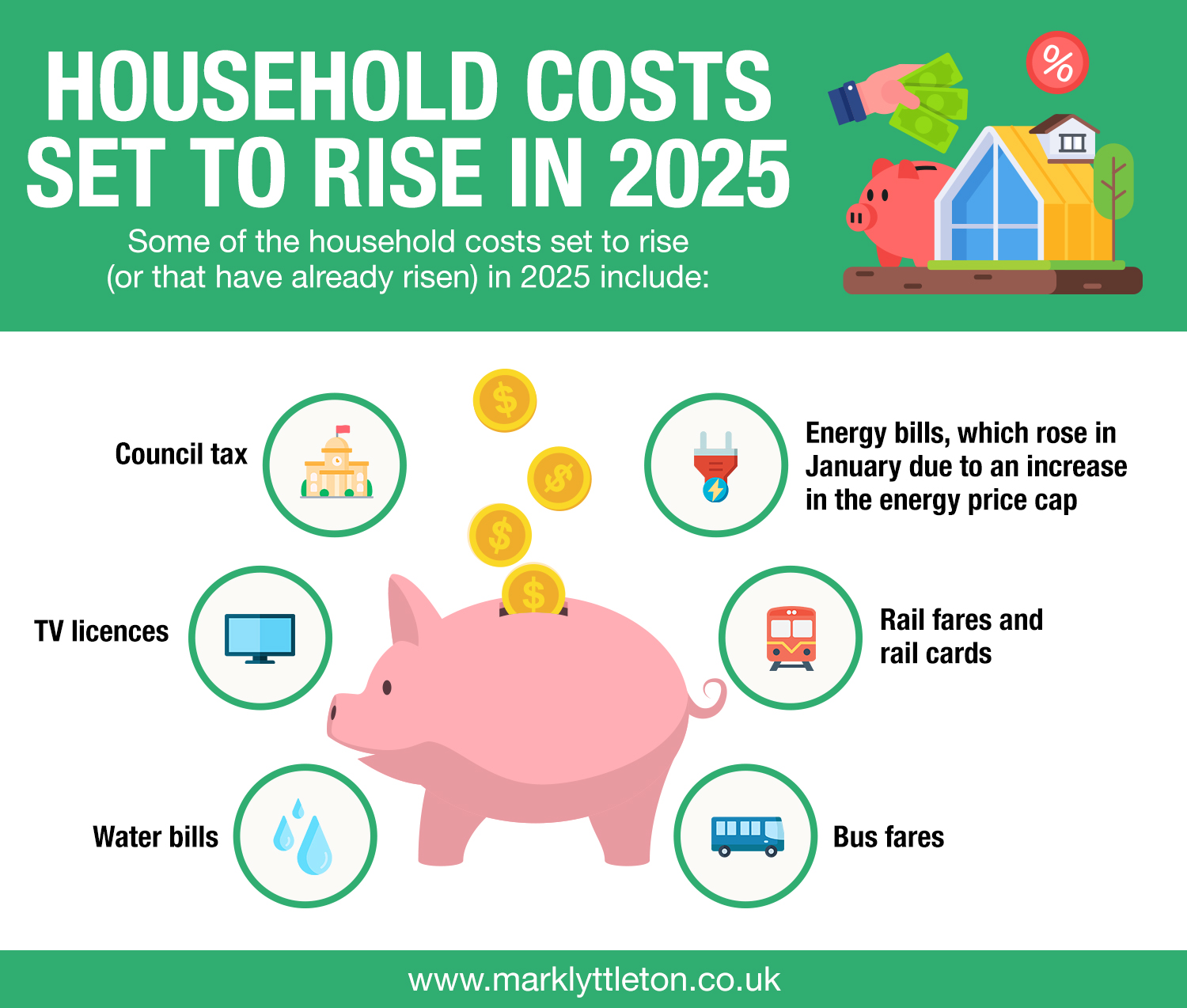
The True Cost of the Cost of Living Crisis
A research briefing published by the UK Government in July 2024 outlined the key causes of the ongoing cost of living crisis, along with its impact on UK families in real terms.
A research briefing published by the UK Government in July 2024 outlined the key causes of the ongoing cost of living crisis, along with its impact on UK families in real terms. The briefing noted that the crisis was reflected in the higher prices of fuel and energy bills and food shopping, and a rise in mortgage and rent costs. The publication stated that low-income households were most affected by the situation, with debt advice and food bank charities seeing a significant uptick in demand during this period of high inflation.

Struggling to Make Ends Meet
According to a recent TUC poll, around 23% of full and part-time workers in the UK can’t afford – or are struggling to afford – their monthly costs, with one in six workers having skipped meals regularly in the past three months in a bid to make ends meet.
The poll surveyed 2,544 adults, with 11% of those working full or part-time reporting that they go into debt most months as the cost of living crisis continues to bite. Added to this, 31% of those working full or part-time reported that they’d avoided putting the heating on most days, with 21% of this demographic saying they’d cut down on their use of hot water for baths and showers every day or most days over the last three months.
Forcing People into Homelessness
As noted above, the cost of living crisis most impacts those already on the breadline. With rent prices also at record highs and an inadequate supply of social housing, an increasing number of people and families are potentially facing homelessness.
Research undertaken by the homeless charity Crisis, published in 2022, revealed that low-income families were experiencing an average deficit of £372 between the price of the cheapest rental properties in their local area and the LHA (local housing allowance).
Making a Difference
The Percent for Good charity founded by Mark Lyttleton aims to make a tangible difference to those affected by the cost of living crisis. The organisation, which exists to make it as easy as possible for people to regularly give to the causes that matter to them most, has several carefully curated portfolios including the Cost of Living Crisis Portfolio. This comprises a number of carefully selected, high-impact charities, including Magic Breakfast, which offers expert advice and breakfast to over 300,000 young people and children in schools across England and Scotland.
